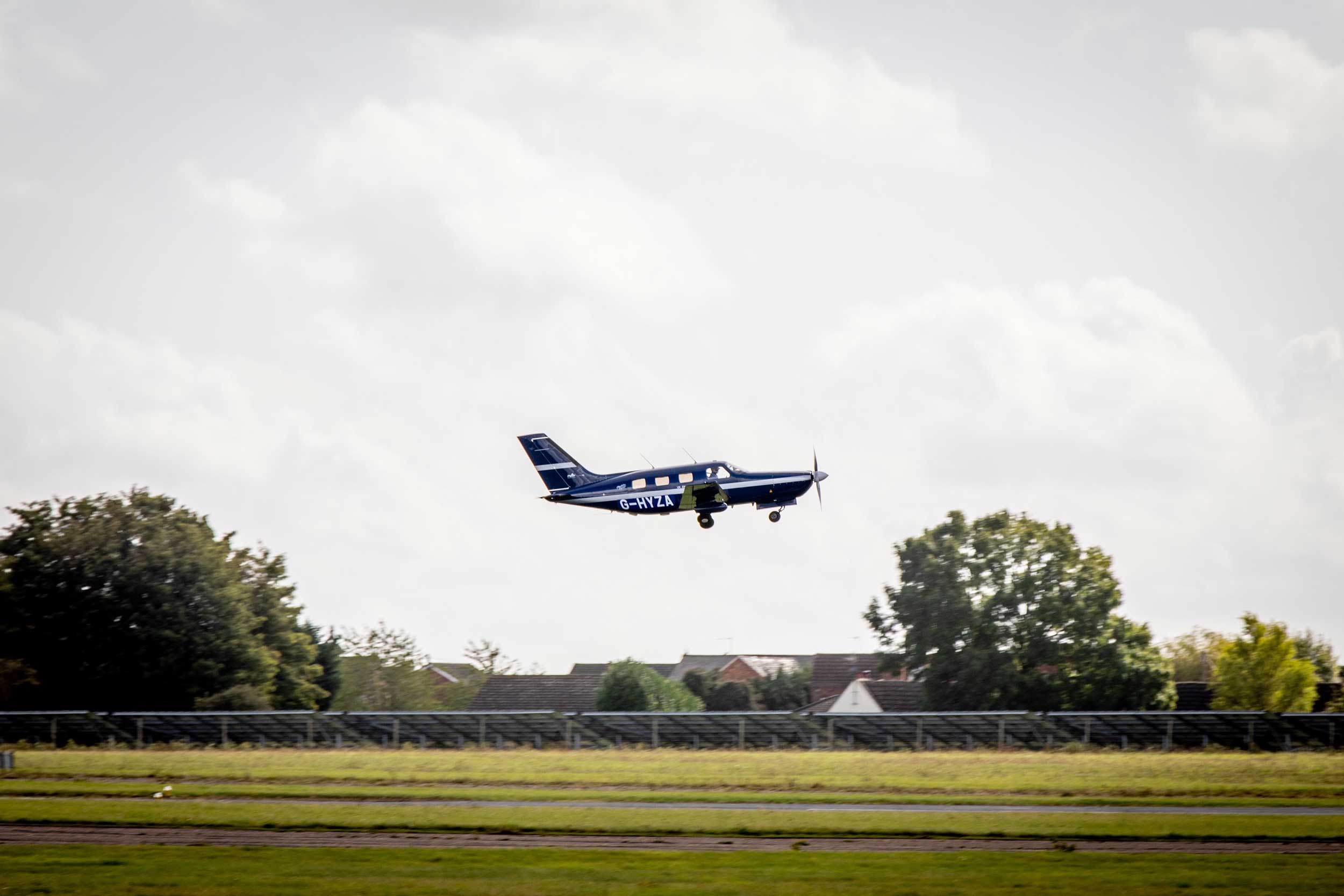ZeroAvia, a UK startup developing a hydrogen cell electric aircraft powertrain, has secured £12.3m ($16.3m) in UK government funding to deliver a 19-seat hydrogen-electric powered aircraft that is market-ready by 2023.
The UK Government grant for the HyFlyer II project will see ZeroAvia develop a certifiable hydrogen-electric powertrain that can power airframes carrying up to 19 passengers.
To do this, it will collaborate with two partners, the European Marine Energy Centre and Aeristech. The HyFlyer II project will conclude with another world’s first hydrogen-electric flight by ZeroAvia in a 19-seat aircraft, with a 350-mile flight in early 2023.
The UK government support for ZeroAvia’s 19-seat programme comes as the company also announces £16m ($21.4m) in Series A venture funding.
The grant award follows ZeroAvia’s world first flight of a commercial-grade hydrogen-electric aircraft at Cranfield in September, utilising a smaller version of ZeroAvia’s hydrogen fuel cell powertrain in a 6-seat Piper Malibu M350.

Typically, up to 19-seat aircraft such as the Cessna 208 Caravan and the Viking Air DHC-6 Twin Otter are used in regional aviation and cargo transport worldwide. ZeroAvia’s 600kW hydrogen-electric powertrain is platform-agnostic.
The announcements come just after British Airways announced a partnership with ZeroAvia to speed up the switch to hydrogen-powered aircraft as part of the company’s Hangar 51 tech accelerator programme.
Val Miftakhov, CEO of ZeroAvia said, “This project is instrumental for delivering a market-ready hydrogen powered solution for 2023 that makes passenger-ready zero carbon aviation a reality.
“It once again demonstrates the Jet Zero ambition of the UK Government to take a leading role in making flight sustainable and we are proud that they have put their faith in us again to deliver another milestone for hydrogen-electric aviation.”
For the HyFlyer II project, ZeroAvia is working again with the European Marine Energy Centre (EMEC) to deliver the green hydrogen fuelling systems required to power the aircraft for flight tests, including mobile fuelling platforms suited to airport environments.
ZeroAvia will also for the first time partner with Aeristech, a leading developer of power dense and efficient air compressor solutions. Adding Aeristech to the list of collaborators for HyFlyer II allows ZeroAvia to utilise the company’s advanced air compressor system as part of the new 19-seat powertrain.
ZeroAvia predicts its hydrogen-electric powertrain will have lower operating costs than its jet-fuelled competition due to lower fuel and maintenance costs, in addition to reducing the air pollution today’s aircraft emit.
